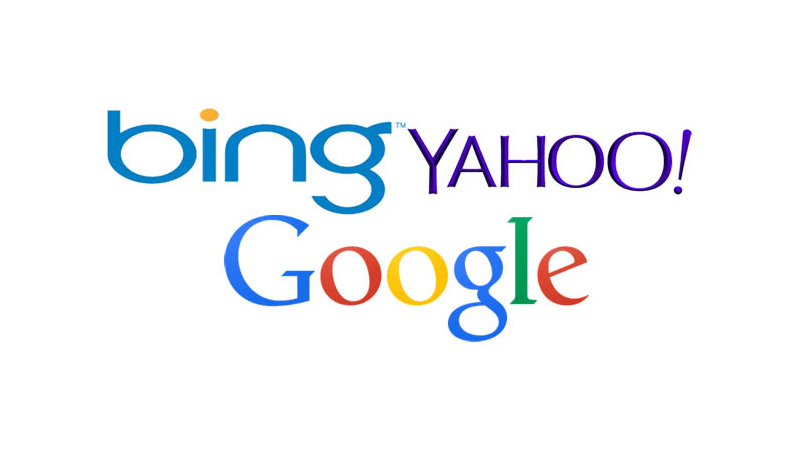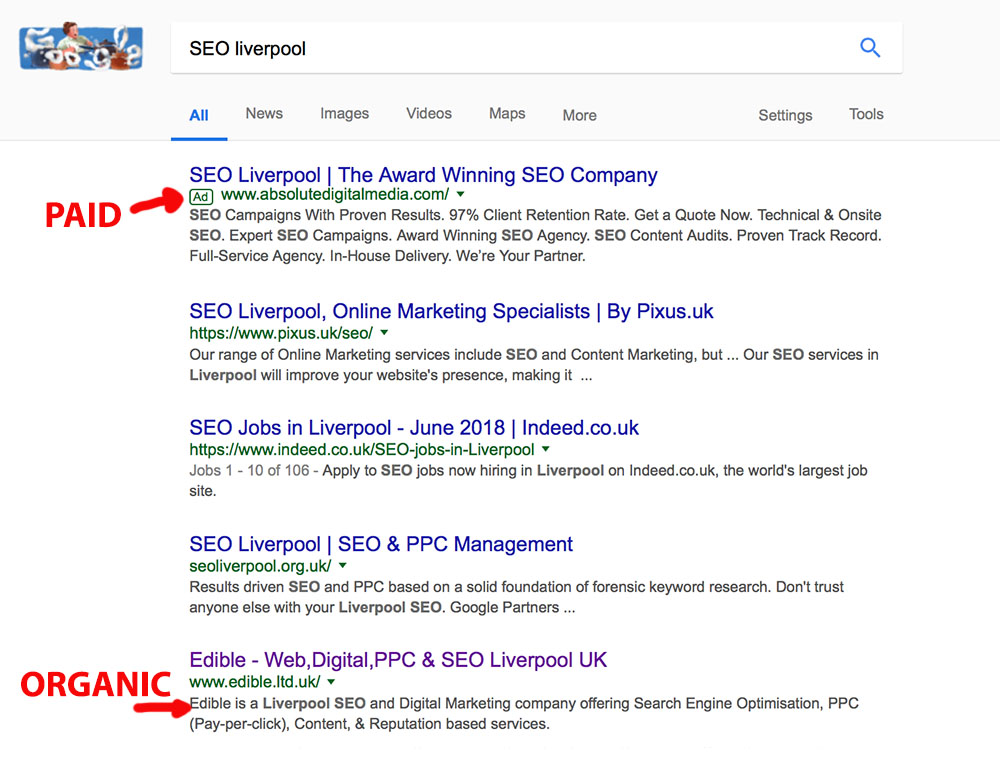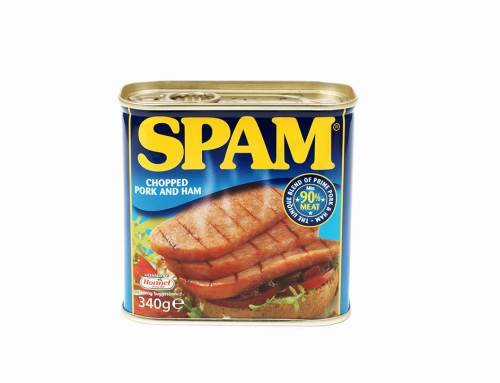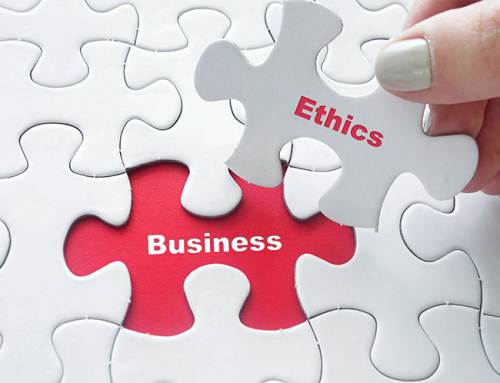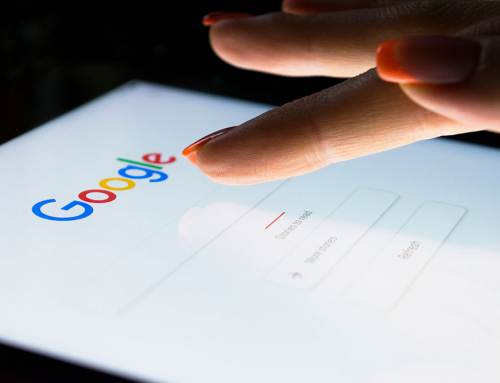 There are many SEO Frequently Asked Questions covering many subjects and differing levels of knowledge but it is always worth remembering that Search Engine Optimisation is not a dark art only attainable to the professional SEO consultant. It is a subject open to most but like many other subjects of knowledge there are elements that can be achieved though DIY and there are others that you do need to have some professional marketing and technical experience for. Nevertheless, here are some SEO frequently asked questions, about what SEO / Search Engine Optimisation is, in order to give the average layperson some insight.
There are many SEO Frequently Asked Questions covering many subjects and differing levels of knowledge but it is always worth remembering that Search Engine Optimisation is not a dark art only attainable to the professional SEO consultant. It is a subject open to most but like many other subjects of knowledge there are elements that can be achieved though DIY and there are others that you do need to have some professional marketing and technical experience for. Nevertheless, here are some SEO frequently asked questions, about what SEO / Search Engine Optimisation is, in order to give the average layperson some insight.
1. What is SEO?
It may be obvious to some but not to others but yes whilst most people maybe aware that SEO stands for Search Engine Optimisation, what exactly is it and what does it entail? Simply, S.E.O is the collective term for applying a set of tasks and modifications to a website for the explicit purpose of achieving results in the SERP’s for your website and its relevant keywords.
2. What is SERPs?
Whilst many people are aware of that SEO stands for, being a description, when it comes to SERPs this is quite common when it comes to SEO Frequently Asked Questions.
Ok then, so it follows that knowing that modifying a website to feature higher in search engines is SEO, SERPs is where you would see the efforts of your SEO and it stands for Search Engine Results Page/s. This basically means the results page of a Google, Yahoo or Bing search for a given keyword. Having higher SERPs for your business basically means your website gets more noticed as you are achieving higher positions within the results of a given search.
3. What are Keywords?
Keywords are the words that best describe your website, your business and its products and/or services and what your target visitors would type into a Google search to find your business and others like yours.
Some keywords are more competitive than others and the general rule is that the shorter and more generic they are, then the harder and more expensive it is to attain SERPs results for those keywords.
4. What is the difference between Paid and Organic SERPs / Results?
Paid — or inorganic — search results appear at the top or bottom of a SERPs from a given search query. These are the links that advertisers pay to appear on different search engines and are usually referred to as PPC or Pay-Per-Click.
Organic search engine results however, are the results that appear in search engines, for free, based on the ranking factors of the Search Engine algorithms which determine the quality of the website for the given keyword search.
Having both Paid and Organic results on the first page of the Search Engine Results Page/s is the most effective strategy as you are not left out by those whom prefer clicking the first link they see (i.e., the paid ones) or the people whom are perhaps a little more web savvy and only click organic links owing to their perceived superior relevance.
5. How do I get more Organic SERPs?
When it comes to SEO Frequently Asked Questions this is probably the proverbial Holy Grail.
Whilst there are some 200+ individual signals that search engines rank as part of there evaluation of a website (and its search engine optimisation) adding more relevant and engaging content is one of the best DIY SEO tools available to the layperson. All things being equal you will likely be more passionate and knowledgeable than most about your website, your business and your products and services and adding content (if you are a good writer) is one of the SEO tasks you can perform as a layperson and without technical SEO skills.
However, dont let pride get in the way as bad content or self indulgent content is worse than not adding content as at least if you dont add bad content you don’t turn people off.
If you cant write engaging content (and your lack of visitors and/or enquiries will tell you this when your friends cant) then get a professional as how often have you bought from a website with poor or boring content and ask yourself if you dont, why should your customers?
Aside from engaging content, the general principles or a good quality link building campaign, press and/or social media mentions and interactions are also some DIY SEO tips you can work towards.
6. How does SEO affect PPC?
Many people overlook the fact that optimising your website for humans and organic search results also improves your Pay-Per-Click Google Adwords campaigns as search engines reward relevance with their respective quality scores which directly impact how often your pay-per-click / PPC adverts get shown and what the cost per click is to you. The more relevant your website is for your given keywords the lower your cost will be in paid for Adwords for those keywords.
7. What is Google’s Quality Score for PPC Adwords?
Quality Score, which is Google’s all-important metric for pay-per-click advertising is primarily focused on the quality of your keywords, your ads, and the landing pages users come to from clicking those ads.
In general, the higher your Quality Score the lower your costs will be and it is believed that for each point your Google Quality Score is above the average of 5/10, your cost-per-click CPC will drop about 16%.
As such, if you have a score of 8/10 you should experience about a 40% total cost per click reduction compared to the cost per click to you with a score 5/10.
Conversely however, if you are below average and your score is a lowly 3/10 then you can expect your cost-per-click to be 67% higher than average. Drop to 2/10 and your cost per click is believed to increase by some 150% and at 1/10 by a massive 400% over the average.
8. Should my domain name contain my keywords?
Over the years the best generic domain names have largely been taken and as Google uses over 200 unique ranking signals in its search algorithms mainly focused around content relevance, usability, and links having a keyword in your URL won’t hurt you but it also wont be the deciding factor between success and failure given there are so many more relevant ranking factors.
Also, consider that SEO at all costs doesn’t guarantee a human will click on your url if it looks too unprofessional or spammy.
9. What is considered a good link building campaign?
When it comes to SEO Frequently Asked Questions this is probably the next proverbial Holy Grail as good content and good link structure are considered by most SEO’s to be the two ranking factors most likely to yield the most effective influence on your site relative to the other 198+ ranking signals.
The simple answer here is that a good link building campaign is one that translates into helping your search rankings, improves your relevant web traffic and in doing so helps you reach your target audience to try and convert those visitors into leads, enquiries or sales.
A bad link building campaign is one that offers no positive outcomes and may even see you penalised for trying to manipulate (i.e., cheat) the Google, Yahoo and Bing web master guidelines.
A good campaign should be based on relevance, which search engines reward and a single link from a respected news website about your business is better than hundreds of low quality directory links bought from that ‘Affordable India SEO Agency’ Gmail email you got as sadly the later will usually only end in your being out of pocket and your website search rankings penalised or even lost altogether, not improved.
10. Do I need an SEO Consultant or can I get results with DIY SEO
As we started off saying in this SEO FAQ / frequently asked questions post, Search Engine Optimisation is not a dark art only attainable to the professional SEO consultant but like any DIY project, DIY SEO will achieve differing results based upon your ability just as any other offline DIY project would.
You dont need to be an electrician to change a light bulb but to do a house re-wire, hiring professionals is a must and its not different with SEO. If you can write engaging content and are web savvy enough to add web content, use social media effectively and edit photos in Photoshop then by all means have a go and start the ball rolling for yourself and see how far your get as you will be contributing to the development of your website.
Your results will speak for themselves as whilst you may be able to achieve some SERPs performance gains the reality is that there is only one 1st page in Google, Yahoo and Bing and the further away you are from the Top 10 and for some keywords the Top 20, the less likely you are to get a single genuine visitor or enquiry.
We will add some more SEO Frequently Asked Questions posts covering everything from Technical SEO, Local SEO, International SEO and more to assist the knowledge and learning development of the DIY SEO enthusiast and self-employed or micro business sole trader.

